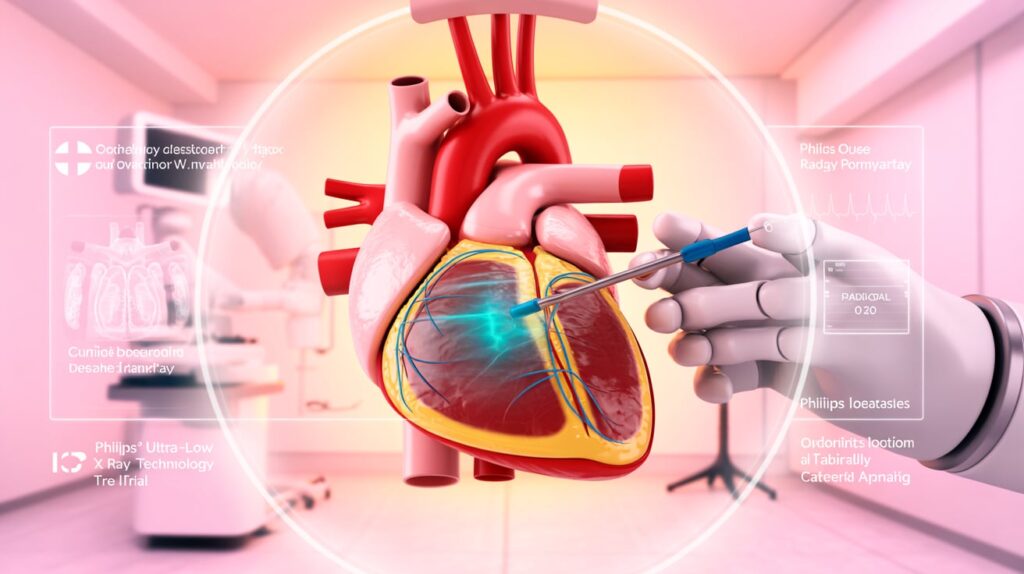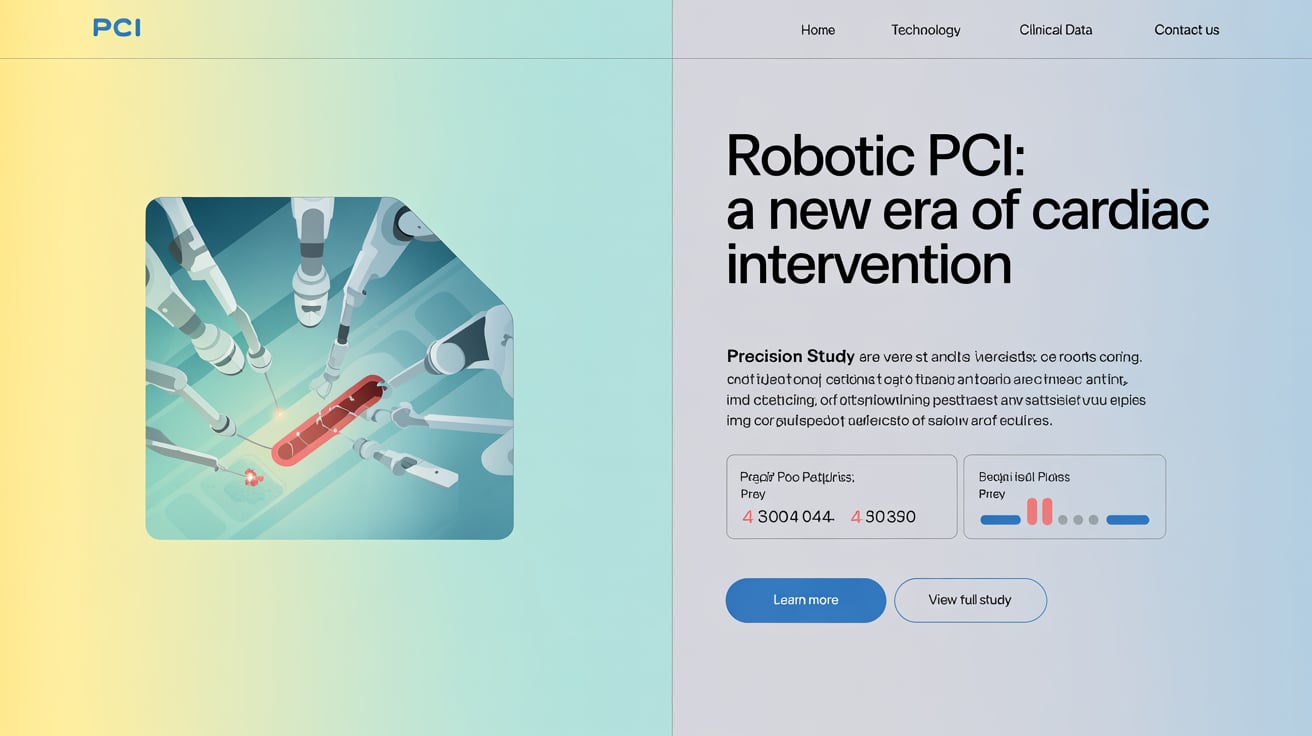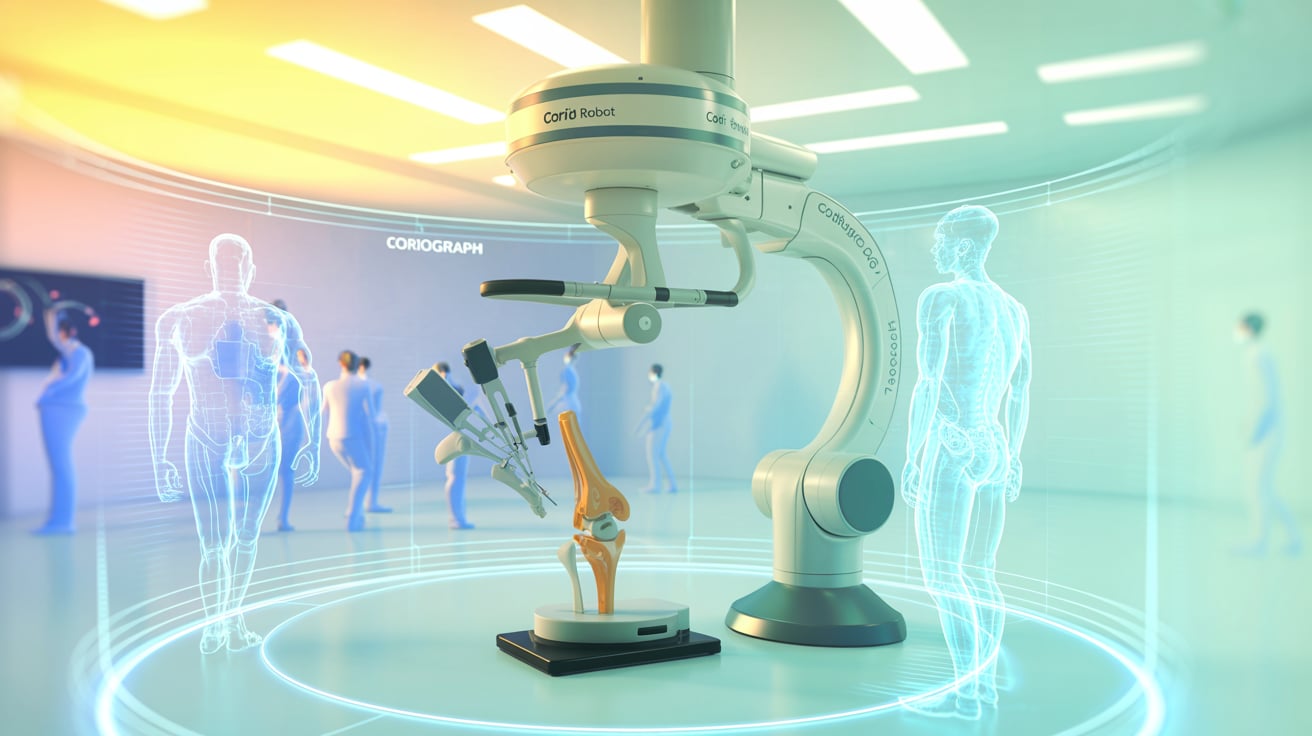Philips has initiated the RADIQAL (radiation dose and image quality) trial, a multicenter, randomized study enrolling 824 patients with coronary artery disease across six hospitals in Europe and the U.S. The first patient was enrolled at Aarhus University Hospital, Denmark.
Led by principal investigator Dr. Javier Escaned, the study aims to assess whether Philips’ ultra-low X-ray dose technology, integrated into the Azurion image-guided therapy system, can halve radiation exposure during percutaneous coronary interventions (PCI) without compromising image quality or procedural performance.
RADIQAL compares this new protocol to Philips’ existing ClarityIQ technology. Both approaches are designed to maintain high-quality imaging critical for decision-making during complex coronary interventions, especially for patients with high BMI or those requiring repeat procedures.
Dr. Darshan Doshi of Philips highlighted the importance of reducing radiation risks for patients and clinical staff while ensuring optimal image clarity for cardiologists.
The ultra-low dose technology currently holds CE mark approval.
Follow MEDWIRE.AI for innovations in interventional cardiology and imaging technology.








